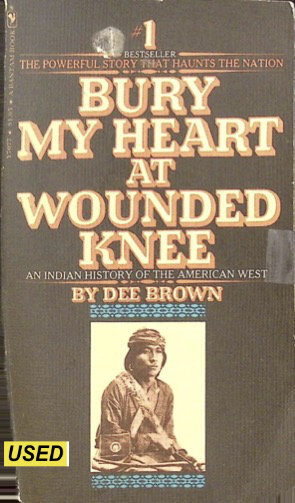By A.J. P. Taylor
FROM THE PREFACE: “This book is an entirely rewritten version of an carlier work with the same title, which I published in 1941. It is about half as long again as its predecessor. Apart from general additions, it treats Austrian foreign policy with greater detail and relevance. The Habsburg Monarchy, more than most great powers, was an organization for conducting foreign policy; and its fate was determined quite as much by foreign affairs as by the behaviour of its peoples. The creation of the Austrian Empire was dictated by Napoleon; the establishment of Austria-Hungary by Bismarck; and the Monarchy fell at the end of a great war, which it had itself helped to bring about. My attempt to write the history of the Habsburg Monarchy without discussing Habsburg foreign policy made much of the original book puzzling; and I hope I have now remedied this defect. The other principal change is in treatment. Despite efforts to face reality, the earlier book was still dominated by the 'liberal illusion'; many passages talked of 'lost opportunities' and suggested that the Habsburg Monarchy might have survived if only this or that statesman or people had been more sensible. ..”
London. Penguin 1978. 305p.





















